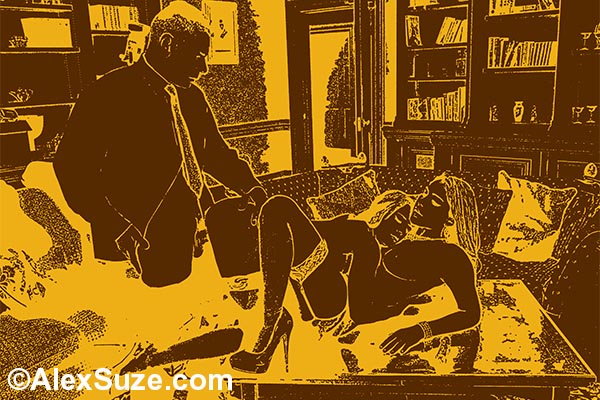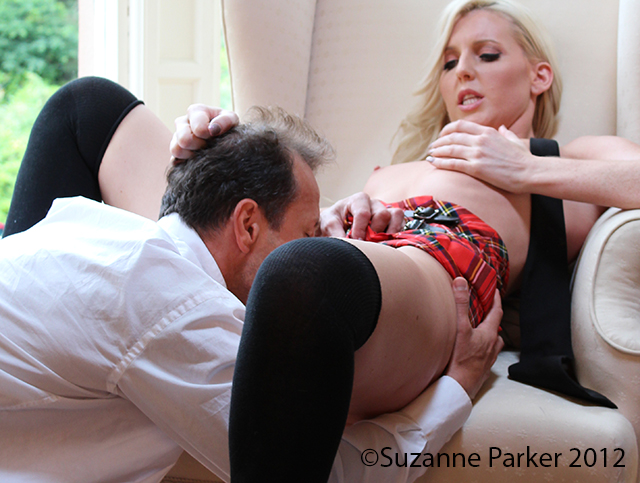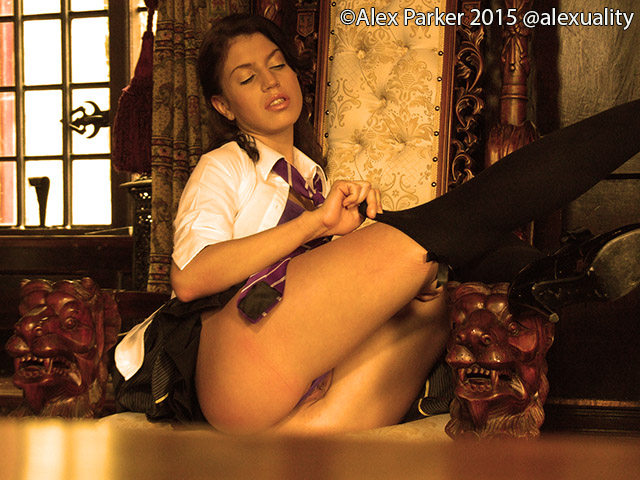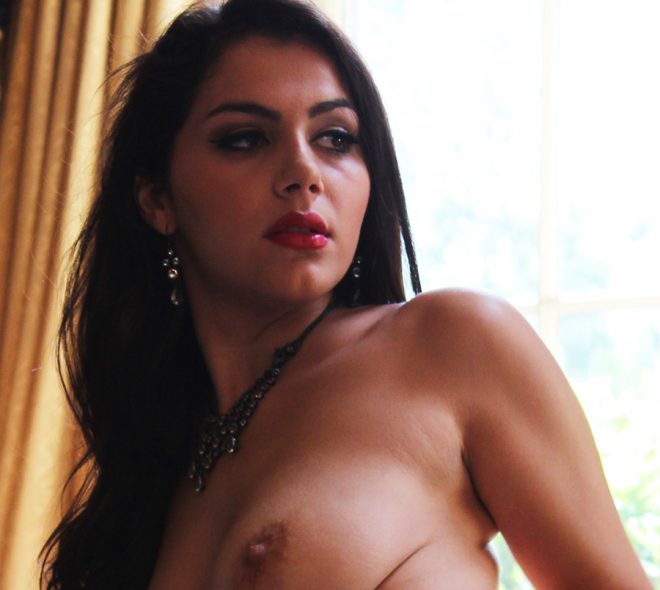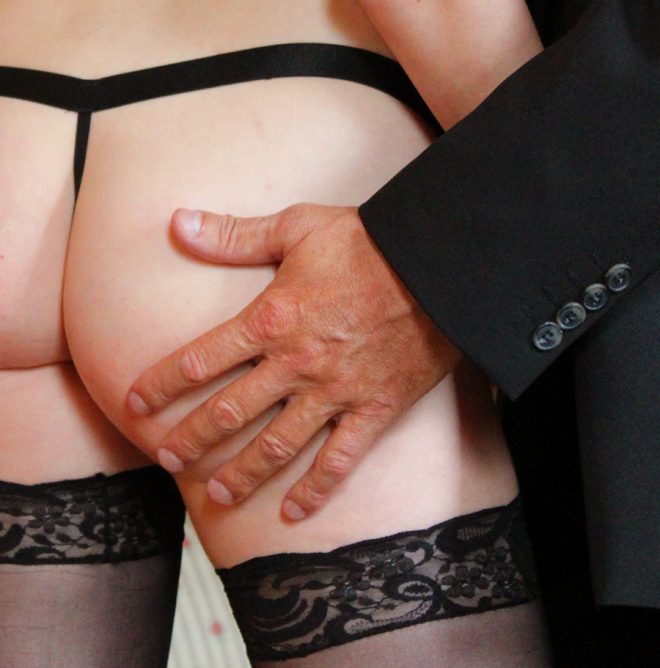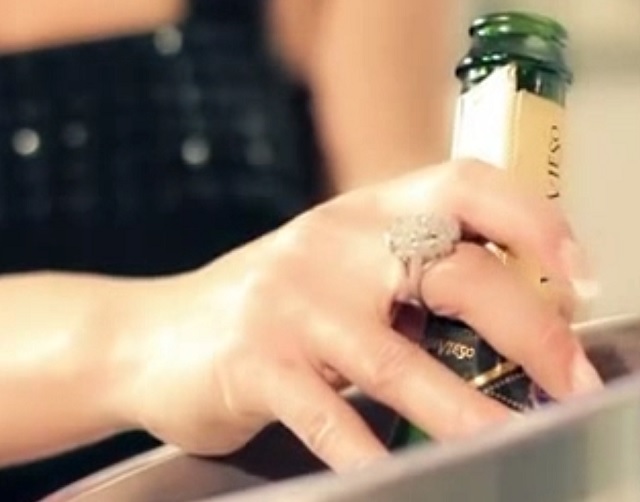Is Tintin Gay? And who Gives a Rat’s Ass.
 This article in The Times by Matthew Paris cleverly and wittily discusses the contention that Hergé’s Tintin is gay.
This article in The Times by Matthew Paris cleverly and wittily discusses the contention that Hergé’s Tintin is gay.
It seems to be the zeitgeist at the moment to debate this point, if you Google the subject there are hundreds of thousands of pages talking about it. Whether you believe Tintin is gay or not is an important question not because of the answer itself, but the mirror it holds up to those asking it.
If Tintin is gay, do you stop your kids reading Hergé books? Does being gay stop him being a hero of children’s fiction?
Tintin’s sexuality is at least ambiguous and definitely open to interpretation. The poetic licence being applied to a set of decades old graphic novels is amusing but not directly productive. If the books had been created in 2009 I can see the logic suspecting that the guy with the little blonde quiff is homosexual. I can even stretch to believe it might just be true in the context of a character created in the early 20th century.
But let’s get real for a minute. How many female reporters were there in the early 20th century? They were in the minority. Was it men or women who ran the Belgian, French, British and other colonies for the old European colonial powers? That’ll be the men. And which gender held most of the positions of power in the media, business and the armed forces? It wasn’t the women.
Tintin is a product of its time and if Tintin is a repressed homosexual then it’s because to be anything other than in the closet would have meant he would never have gone into print. So long as we regard the Tintin books with the intelligence and hindsight that the 21st century affords us then they are simply books.
The far more dangerous content in Tintin is the sort of narrative in “Tintin In The Congo” where the indigenous Congolese population are depicted as effectively caricature figures with implied low IQs. In that case the foreword by the publisher explaining the historical context serves to enhance the book and highlight the endemic racism of the era. A far better solution than banning the book itself because it allows us to learn that intolerance and economic imperialism shouldn’t have a place in our world today.
